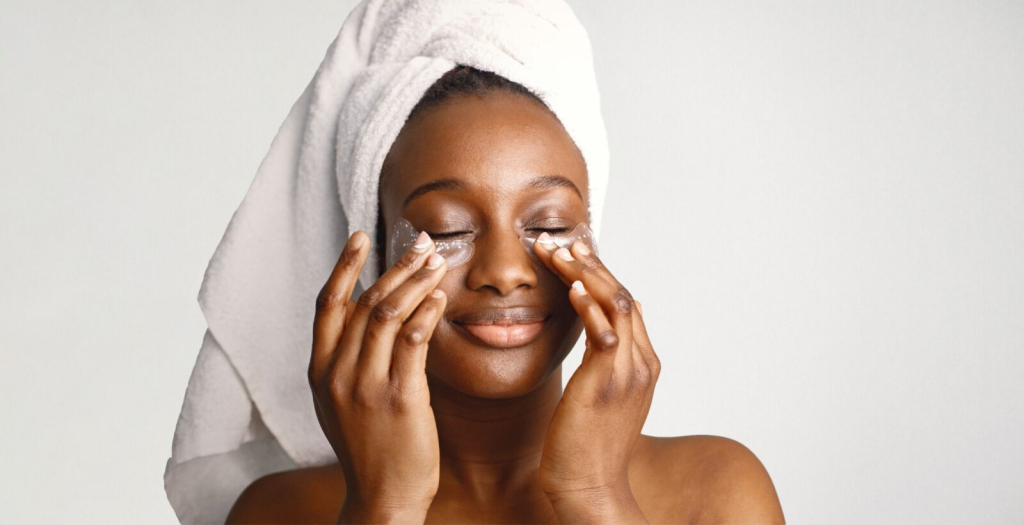Nigeria has formalised a partnership with Tropics Derma Research and Training Institute (TDRTI) from the United States to promote safer skincare practices and tackle the rising use of harmful products.
The Memorandum of Understanding (MoU) was signed at a ceremony in Abuja by the Minister of Innovation, Science, and Technology, Uche Nnaji.
Nnaji expressed concern over the growing use of unregulated skincare products containing substances like hydroquinone and steroids, which pose severe health risks.
“This collaboration exemplifies the transformative power of science, technology, and innovation in tackling public health challenges and promoting sustainable growth. It is a step towards creating an environment where women and other consumers can access safer skincare options, empowering them to make informed, healthy choices,” he said.

The collaboration seeks to reduce Nigeria’s reliance on harmful imports and promote local production through partnerships with research bodies, including the Federal Institute of Industrial Research (FIIRO) and the National Board for Technology Incubation (NBTI).
TDRTI’s president, Dr Edith Gibson, pointed out that over 77% of Nigerian women use skin-bleaching products. She showcased an AI-powered derma analysis system that offers personalised skincare solutions, saying the institute has analysed over 50,000 skin samples to develop treatments tailored to African skin.
The partnership will also provide training for beauty professionals, pharmacists, and healthcare workers to enhance skincare management in the country.
“Nigerians to have the opportunity to be the first in tropical skincare. In the whole world there is no technology that addresses African skin”
“We are introducing a technology that is designed to address skincare of Africans and it will open a lot of doors for opportunities in the beauty and health industry,” Gibson said.
The ministry’s permanent secretary, Mrs Esuabana Nko Asanye, emphasised that good health and sound minds are essential for national development, adding that the MoU marks a step towards building a safer, high-quality beauty industry in Nigeria.


